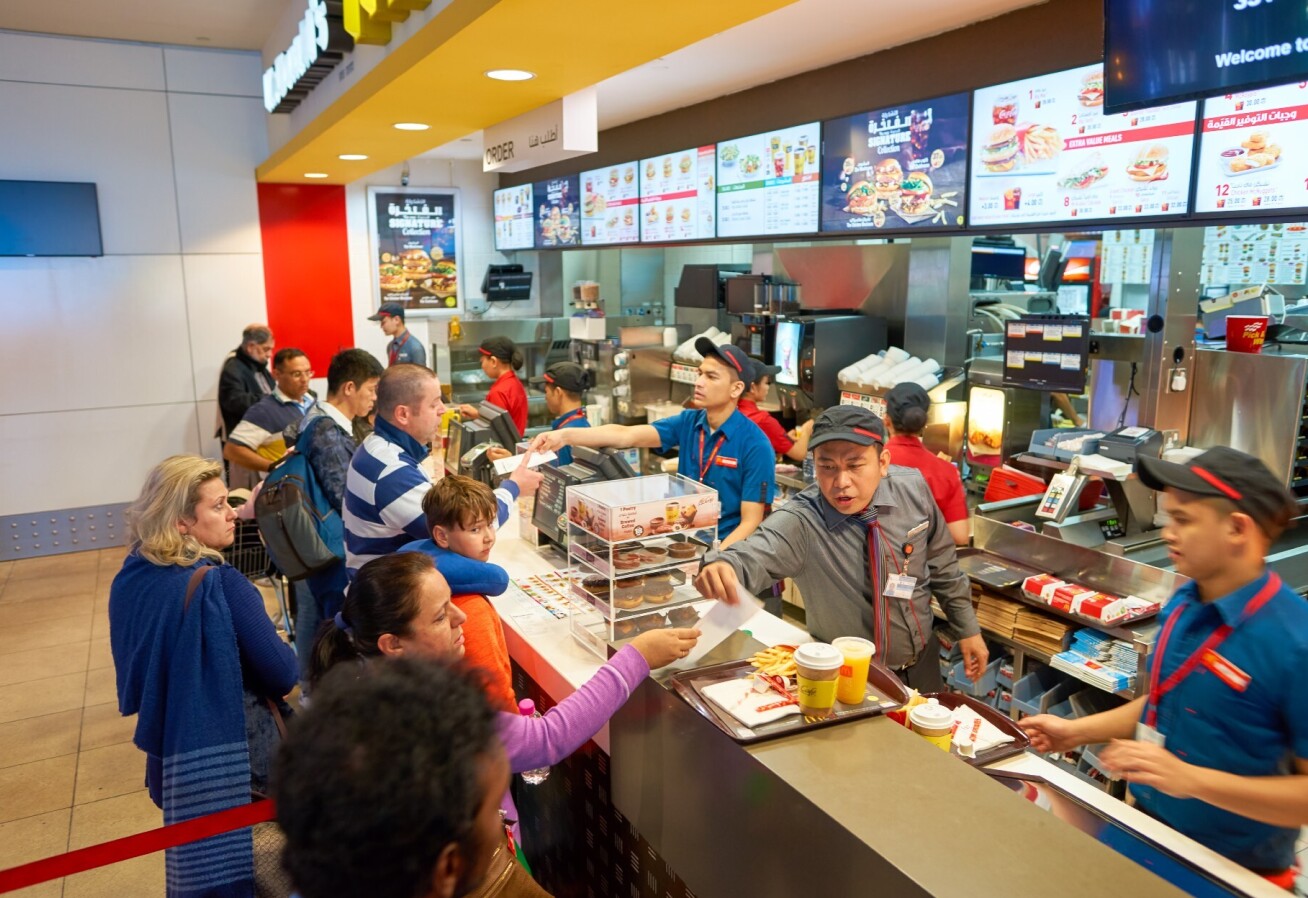Cell division decisions and cancer recommendations: News from Imperial

Here’s a batch of fresh news and announcements from across Imperial.
From a new model to better understand how cells ‘make decisions’ to research on how lifestyle choices could help improve survival for colon cancer patients, here is some quick-read news from across Imperial.
Cell division decisions

Imperial Mathematicians have devised a new model to better understand how cells ‘make decisions’. Cells do not act all the same way, even if they are the same type, due to randomness during reactions between cells, and during cell growth and division. This makes it difficult to reliably predict the behaviour of cells, such as how they will respond to stress and drugs.
The new model treats cells as ‘agents’ that divide in response to network of reactions within the cells, showing how gene expression, cell division, and population dynamics affect their behaviour.
Dr Philipp Thomas and Dr Paul Piho fed their model with data from microscopy movies of bacteria and used this to describe a new mechanism for cells to make decisions through the coupling of gene expression to cell division.
This provides crucial insights into how cells respond to stress and drugs, which could help inform, for example, the mechanisms of drug-resistant cancers.
Read the full paper in Science Advances.
Cancer recommendations

Getting more exercise, eating more vegetables and whole grains, drinking coffee and cutting back on sugary drinks could help improve survival for colon cancer patients.
These are the latest recommendations to come from the World Cancer Research Fund, based on a review of available evidence.
However, the expert panel, which includes researchers from Imperial’s School of Public Health, said the evidence was ‘limited or suggestive’, and called for more research to back up these recommendations.
Dr Doris Chan and Dr Kostas Tsilidis, from the Global Cancer Update Programme at Imperial said the analysis “represents the best and most up-to-date body of evidence”. They add that the findings could help people living with or who have survived cancer to make “evidence-based decisions on lifestyle changes that can improve their well-being”.
For more information, including the listed papers, read more on the World Cancer Research Fund website.
Food outlets and obesity

Imperial researchers have found that people living near fast-food outlets are more likely to be living with obesity.
Dr Elisa Pineda and researchers from our School of Public Health and The George Institute for Global Health UK analysed how the location of outlets selling unhealthy food influenced the BMI of the local population.
By looking at international data from fast-food restaurants, convenience stores, supermarkets and farmers’ markets, the team found that outlets selling unhealthy and ultra processed foods were linked to a higher risk of local obesity. Conversely, the availability of fruit, vegetables or access to supermarkets was linked to a lower risk of obesity.
Dr Pineda said: “Our research shows why urgent action is needed by governments to address the problem of rising obesity, especially in areas dense in outlets selling unhealthy food products. Regulating food outlets alone probably isn’t enough to tackle the issue. Policymakers must step up their efforts to increase the availability, prominence and affordability of healthy food across all stores selling food.”
Read the full paper in BMJ Nutrition.
Quality quantitative finance teaching

Imperial’s MSc in Mathematics and Finance has been ranked No1 in the 2024 QuantNet Ranking of Best UK Quant Programs, which ranks Masters programmes in quantitative finance. The programme’s Career Prospects, from employment rate to average salary, were top rated, and its academic excellence (Peer score and selectivity) ranked at the highest level.
The programme, created in 2000, provides high-quality training in a wide range of mathematical, statistical, programming and financial tools required to pursue a career in financial services.
Course Directors Prof Jack Jacquier and Dr Eyal Neuman said: “We are delighted by this ranking, which rewards our efforts to provide an MSc programme combining strong mathematical rigour with financial insights and techniques, required to become a leader in the Finance industry. We are grateful to the Mathematical Finance staff, our industry partners (old-timers and new ones) and to all students and alumni, who help improve the programme day after day.”
 Want to be kept up to date on news at Imperial? Sign up for our free quick-read daily e-newsletter, Imperial Today.
Want to be kept up to date on news at Imperial? Sign up for our free quick-read daily e-newsletter, Imperial Today.
Article text (excluding photos or graphics) © Imperial College London.
Photos and graphics subject to third party copyright used with permission or © Imperial College London.
Reporter
Corinne Farrell
Communications Division
Samantha Rey
Communications Division
Ryan O'Hare
Communications Division
Hayley Dunning
Communications Division